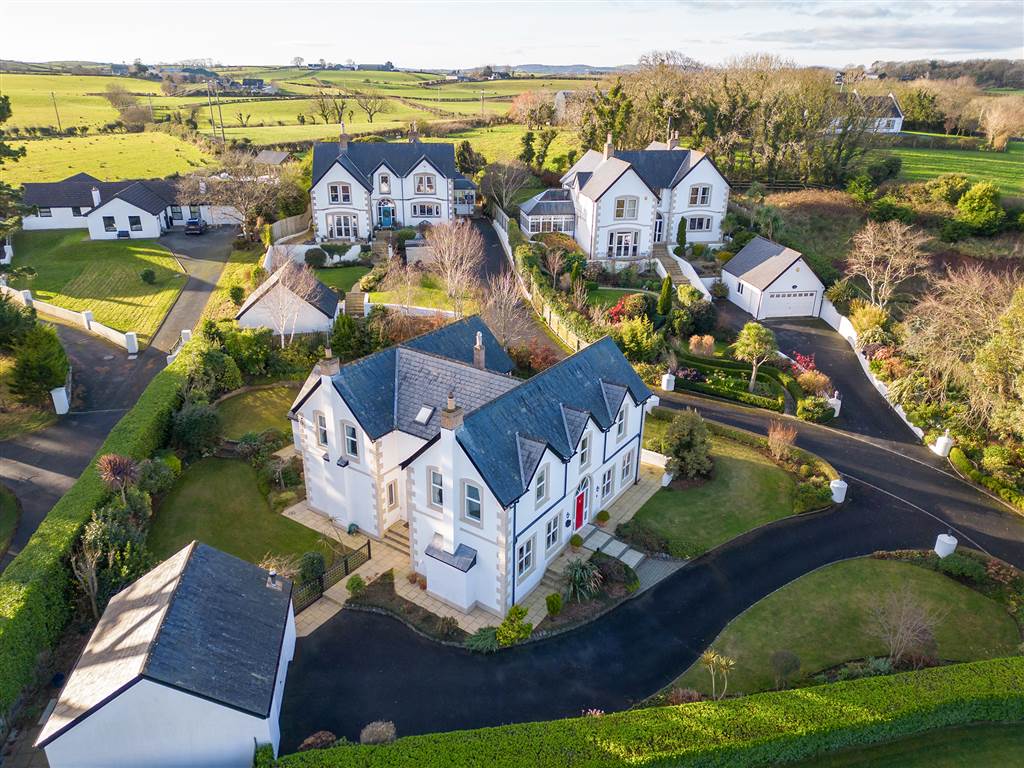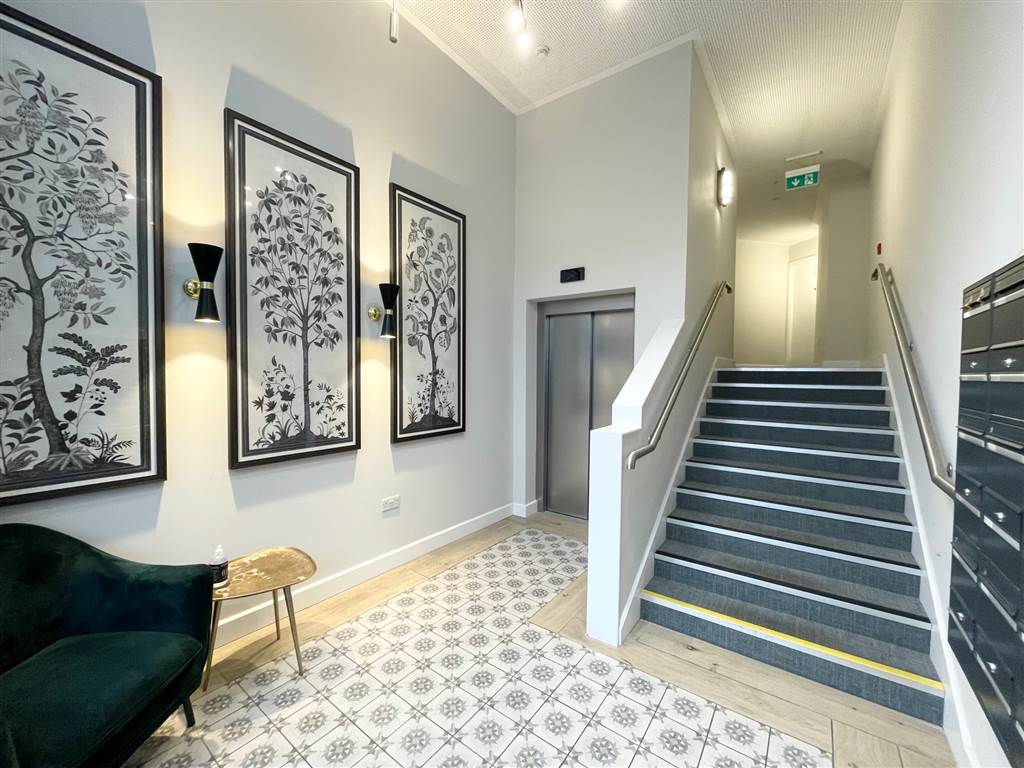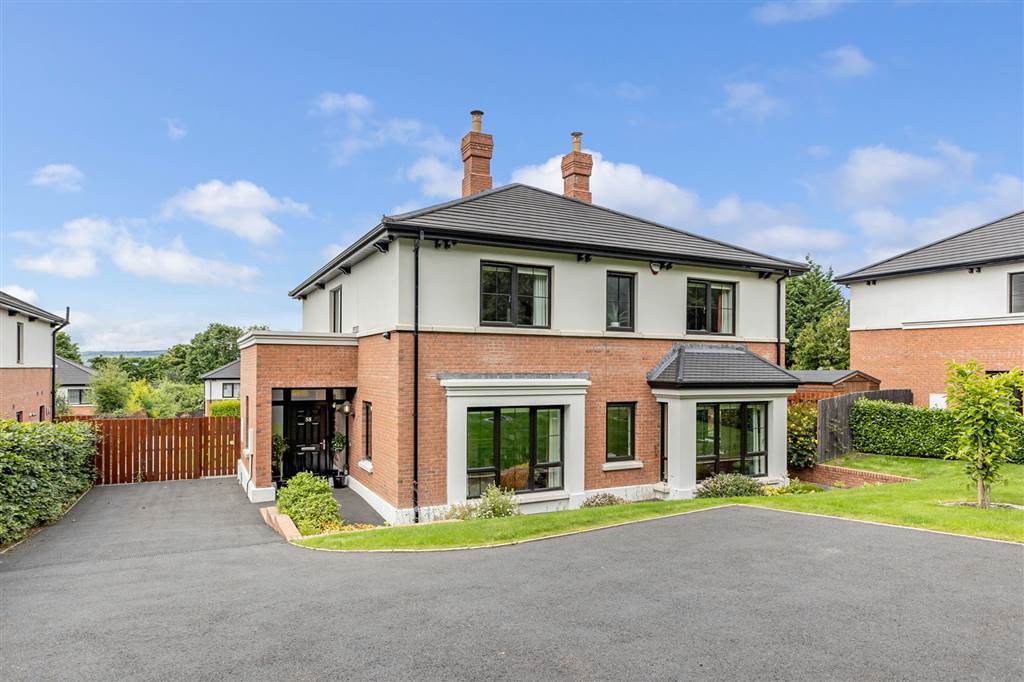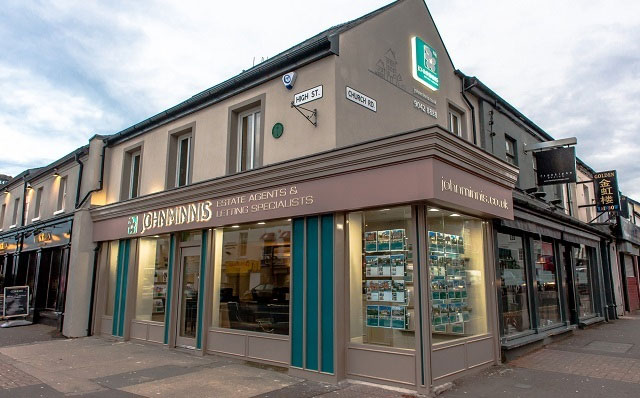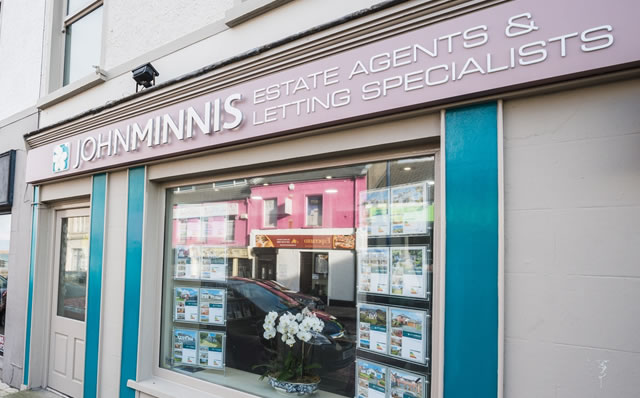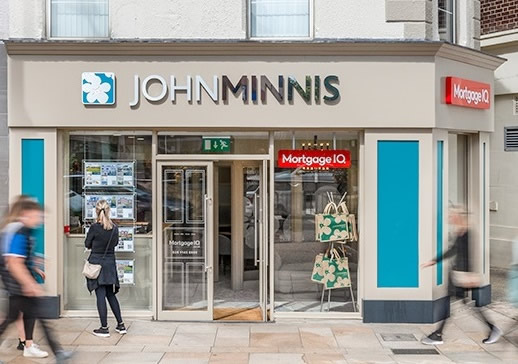John Minnis Latest News

Posted on 11 October 2023
Donaghadee Golf Club celebrates 50th anniversary of RNLI lifeboat trophy competition
Donaghadee Golf Club has recently celebrated the 50th anniversary of its prestigious Lifeboat Perpetual Challenge Trophy competition in aid of Donaghadee RNLI. Originally presented to the Ladies' Branch Committee of the club in 1972 as a token of gratitude from the Coxswain and crew of Donaghadee Lifeboat, the trophy was contested for the very first time in 1973, marking the beginning of a tradition that continues to thrive today. Read More
Posted on 13 September 2023
From Renting to Owning: A First-Time Buyer's Guide
The move from renting to owning a house can be long and arduous, but ultimately the result of calling a house your home is very rewarding. For those taking their first steps into Northern Ireland's estate market, the journey from renting to owning is a pivotal moment. Read More.jpg)
Posted on 25 August 2023
Property Investment Pitfalls - What to Look Out For
Investing in a property can hold the promise of comfortable living, financial growth, but it's not without its challenges. Read More.jpg)
Posted on 23 August 2023
The Art of Home Staging
With the main goal of making private residences attractive and appealing to a high percentage of potential buyers, home staging could increase the value of your home by thousands of pounds. Read More.jpg)
Posted on 9 August 2023
WE ARE HIRING: Residential Sales & Lettings Staff
We are looking for Residential Sales & Lettings Staff to join our dynamic team. Read More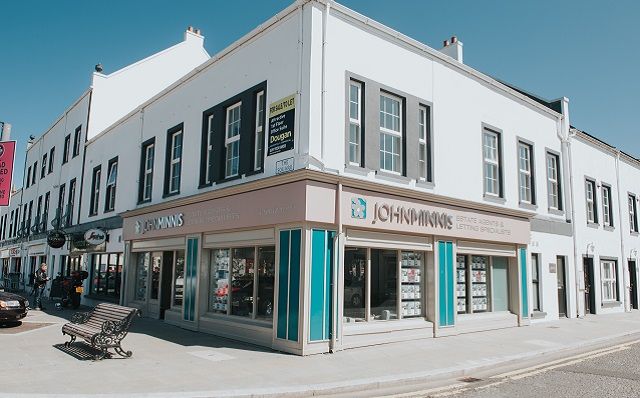
Posted on 9 August 2023
WE ARE HIRING - Valuer
We have an exciting opportunity for a Valuer to join the dynamic team in our Comber office. Read More
Posted on 27 July 2023
Top 10 Tips for Selling Your Home
Making the choice to sell your home can be a daunting one, but the process doesn’t have to be a hassle! Ross McKnight, Senior Valuer at John Minnis Belfast, outlines his top 10 tips and insights to help make your home stand out and sell. Read More
Posted on 25 July 2023
Boosting Kerb Appeal for Summer Property Sales
By definition, kerb appeal is the attractiveness of a property and its surroundings when viewed from the street. Read More
Posted on 19 July 2023


